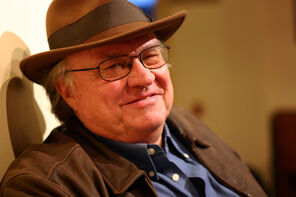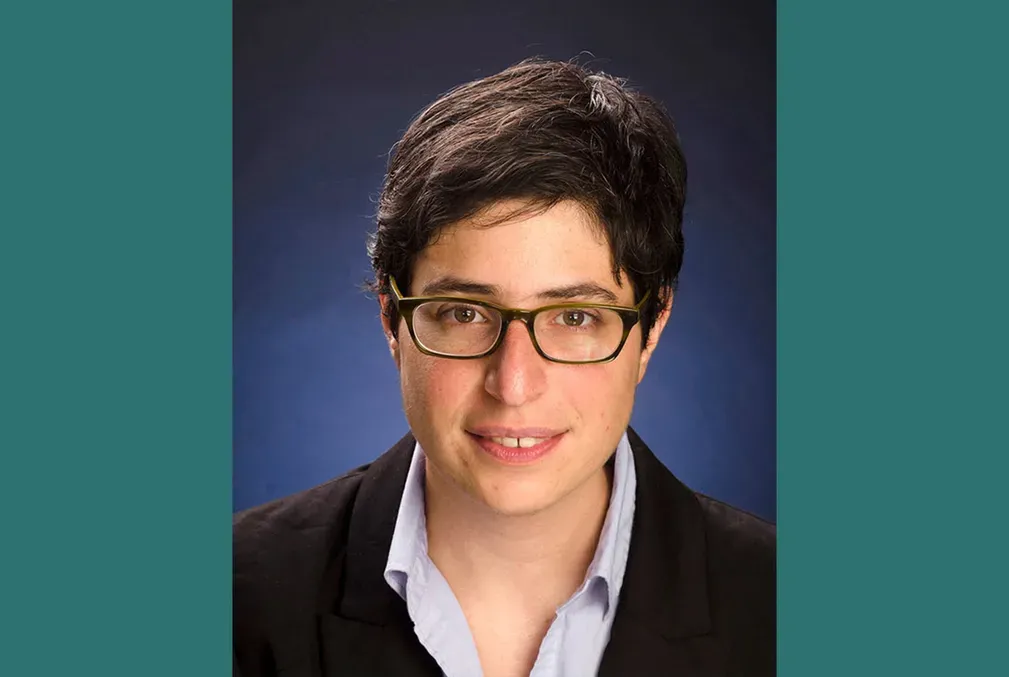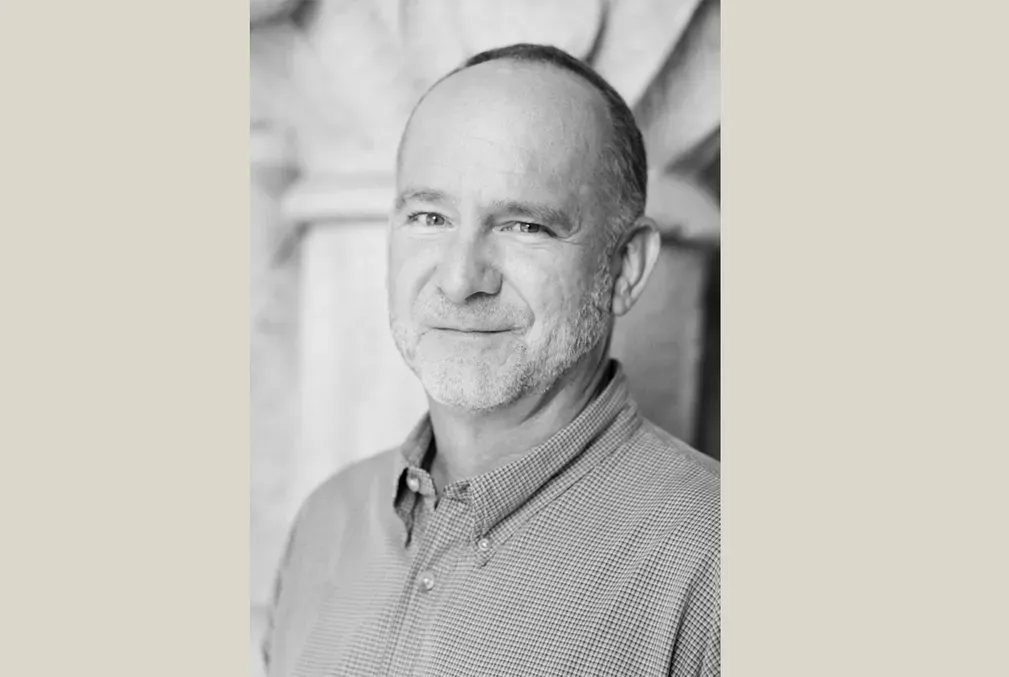Kenneth Fields, longtime English professor and acclaimed poet, dies at 84
Known for his insight and wit, Fields was one of Stanford’s longest-serving faculty members. He taught for 53 years.
Kenneth Fields, professor of English and of creative writing, emeritus, in the Stanford School of Humanities and Sciences and one of Stanford’s longest-serving faculty members, died Dec. 6 from complications of amyotrophic lateral sclerosis. He was 84.
Fields earned his doctorate in English from Stanford in 1967 and joined the university’s faculty immediately afterward, retiring in 2020. During those decades, he published six poetry collections while teaching courses on creative writing, poetry, and film.
“He was one of the best raconteurs I have known," said Tobias Wolff, the Ward W. and Priscilla B. Woods Professor, Emeritus, and a former student, colleague, and friend of Fields. “When he finished telling a tale about old friends, family, university colleagues, or soldiers he’d served with, you felt as if you had shared a meal with them, or at least a drink.”
“In every breath could lie a poem”
While earning his undergraduate degree at the University of California, Santa Barbara, a poet introduced him to the work of Yvor Winters, a literary lion who was then teaching at Stanford.
Winters became an important mentor and colleague, and Fields became Winters’ student, collaborator, and even gardener. Fields described the experience in a Stanford Magazine story, writing that he would be working on a ladder when Winters would approach him, asking if he had read this or that poet.
“It was a great, if nerve-wracking, way to learn,” Fields wrote.
In 1964, Fields received a Wallace Stegner Fellowship for poetry from Stanford. The two-year creative writing fellowship for poets and fiction writers was transformative for Fields, altering the trajectory of his career. After he received his doctorate in English in 1967, he began teaching at Stanford that same year. He later co-led the Stegner program as a professor.
Fields’ teaching varied from the cornerstones of poetry, including French symbolist poets and beat poets, to various forms of storytelling including American Indian mythology, American short fiction, and Western film. He even taught a course on the 20th-century American jazz standards, popular songs, and show tunes commonly called the “Great American Songbook.” His lectures featured a loose, freewheeling style that incorporated his trademark wit and a river of knowledge that ran both deep and wide.
He published six volumes of poetry, praised for their erudition and humor: The Other Walker (Talisman Literary Research, 1971); Sunbelly (David R. Godine, 1973); Smoke (Knife River Press, 1975); The Odysseus Manuscripts (Elpenor Books, 1981); August Delights (Robert L. Barth, 2001); and Classic Rough News (The University of Chicago Press, 2005). At the time of his death, he had been working on Blue Plateau, a collection of nearly 1,000 poems.
In recent years, his work had earned such accolades as Poetry Northwest magazine’s Richard Hugo Prize, awarded for his 2009 poem One Love.
“In his writing and his teaching, Ken always had a great sense of form and language,” said Seth Lerer, Fields’ longtime colleague at Stanford who is now dean emeritus of arts and humanities at the University of California, San Diego. “He knew that every line of poetry should be a human breath, and that in every breath could lie, potentially, a poem.”
Lifelong poet
Fields was born Aug. 1, 1939, in Colorado City, Texas. At just six weeks old, Fields moved to his new home, San Luis Obispo, California, with his family.
After a childhood spent bicycling the California coastline, Fields attended the University of California, Santa Barbara, where he became the first college graduate in his family. He followed this by serving in the U.S. Army from 1961 to 1963. He married his wife, Nora Cain, in 1979.
Music, relationships, and poetry itself were important to him and were common themes in his writing, as was his experience with Alcoholics Anonymous—he went into recovery in 1982, an experience he referenced in Classic Rough News.
Fields taught the Advanced Poetry Writing Workshop for the Stanford Fellows for many years, and he never stopped writing poetry. In 2020, he composed a tribute after the passing of his poet friend Eavan Boland, the former director of Stanford’s Creative Writing Program. “Loss is forever, but so is love,” Fields wrote.
Fields is survived by his wife; his daughters, Erika Fields Jurney, Samantha Fields, and Jessica Fields; grandsons Henry Jurney, Ed Jurney, and Charlie Jurney; and his brother Don Fields and sister-in-law Ginger Rutland.




